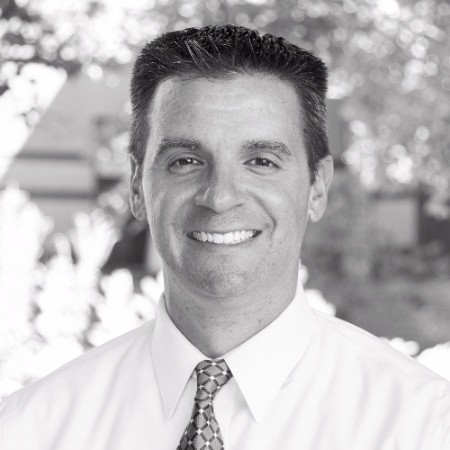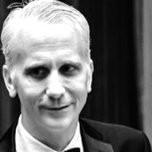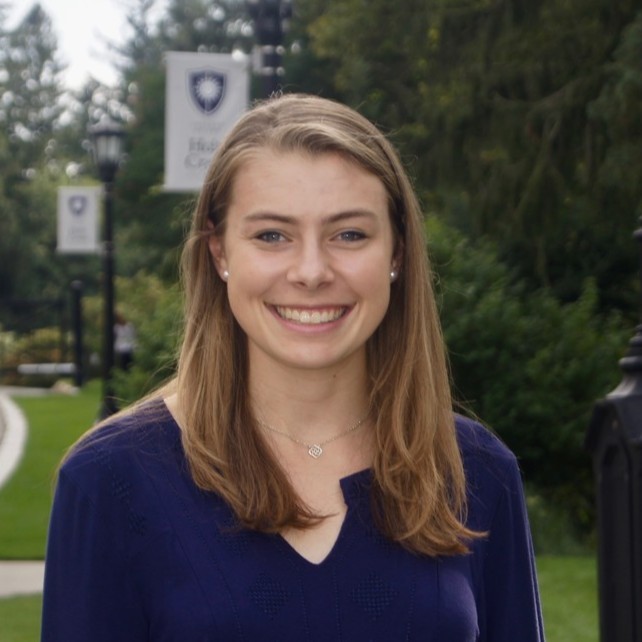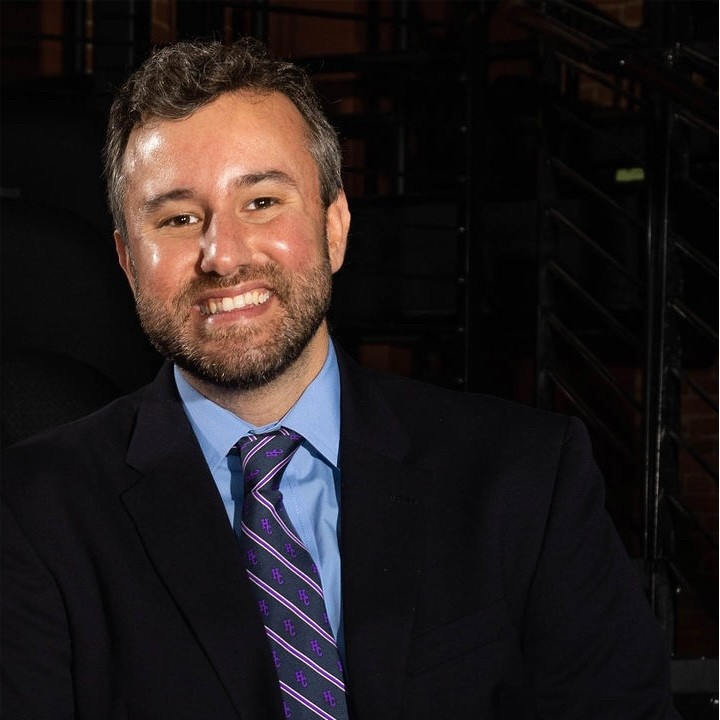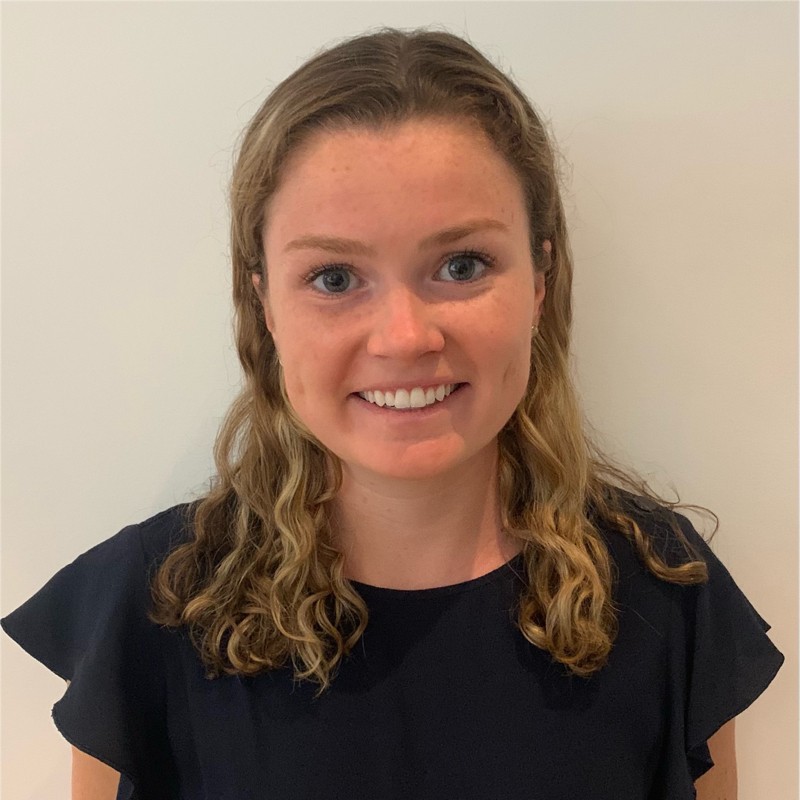Name: Brian G. Ricca
Class Year: 1996
Title: Superintendent of Schools
Organization Name: East Greenwich (RI) Public Schools
1. In one sentence, what does your job entail?
It is my job to ensure all students feel safe, welcomed, and included when they come to school so that they can learn to their fullest potential.
2. What planned and unplanned events connected you to your industry and your first employer after Holy Cross? How did you learn/decide it was a good fit for you?
Upon graduation, I joined Inner City Teaching Corps, a Chicago-based volunteer program. It was modeled after the Jesuit Volunteer Corps but was exclusively for teachers. I spent two summers as a part of the Mexico Immersion Program with Kim McElaney, and that’s when I knew I wanted to be a teacher.
I loved teaching from that first summer after graduation and have grown in leadership roles since being a classroom teacher.
3. What were you involved in when you were on campus?
Pax Christi, RICH (Residents for Improved Campus Housing), Mexico Immersion Program, Liturgical Ministry
4. What was your major and how did it affect your career decisions?
I was a Religious Studies major with an emphasis on Liberation Theology. The Jesuit mission of living one’s life in the service of others was a through-line in my studies. The notion that our liberation is directly tied to those who are most marginalized is validated by the gospel stories of Jesus in the New Testament. I wanted to start my teaching career where I was most needed.
5. What are one or two skills that you developed at Holy Cross that you use in your work?
The professors at Holy Cross taught me to analyze and think critically, to look at ideas from multiple perspectives, and to be articulate in my rationale. I was a part of the “first” First Year Program at Holy Cross, and that experience of reading a shared text across multiple disciplines was invaluable.
6. What advice do you have for students on campus today?
Strive for the “grey” in our world. There is far too much instant polarization. We have knee-jerk reactions to those whose political ideology does not match ours. Be solid in your values and what you know to be true and good, and be open to the intrinsic value of those who disagree. Be the one willing to have the hard conversation with someone who thinks about the world differently than you do.


